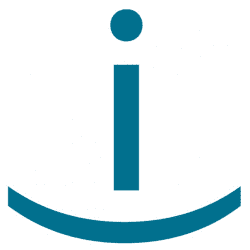When we first started forming as a community there were many different projects working aspects of user-centric identity – and these different projects were using different words to talk about the same things and in some cases the same words with different meanings. Developing a shared language we used to talk about identity ideas/concepts was one of the first things that happened – so that we could get to coherently talking about the different proposals could converge.
Here is the Lexicon that got developed on the identity gang list in 2005.
This was not meant to be used to talk with "regular people" but rather this community of specialists to talk about detailed specifics of identity systems.
Agent: A computer system or device that has been delegated (authority, responsibility, a function, etc.) by and acts for a Party (in exercising the authority, carrying out the responsibility, performing the function, etc.).
Claim: An assertion made by a Claimant of the value or values of one or more Identity Attributes of a Digital Subject, typically an assertion which is disputed or in doubt.
Claimant: A Digital Subject representing a Party that makes a Claim.
Digital Identity: A digital representation of a set of Claims made by one Party about itself or another Digital Subject.
Digital Identity Provider: An Agent that issues a Digital Identity.
Digital Subject: An Entity represented or existing in the digital realm which is being described or dealt with.
Entity: A person, physical object, animal, or juridical entity
Identity Attribute: A property of a Digital Subject that may have zero or more values.
Identity Context: The surrounding environment and circumstances that determine meaning of Digital Identities and the policies and protocols that govern their interactions.
Party: A natural person or a juridical entity.
Persona: A preexisting Digital Identity that a user through an Agent has the ability to select and use to represent themselves in a given Identity Context.
Relying Party: A Party that makes known through its Agent one or more alternative sets of Claims that it desires or requires, and receives through this same Agent a Digital Identity purportedly including the required Claims from a Digital Identity Provider or other Agent of another Party.

